How to Keep the Weight Off After GLP-1 Medications, According to a Weight Loss Doctor
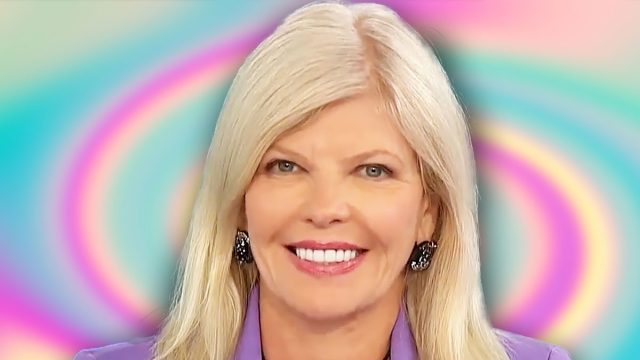
Many people have achieved significant weight loss with medications like Mounjaro and Ozempic, but the dreaded "Ozempic rebound" has become a real concern. Studies show that most patients regain weight after stopping these medications – but it doesn't have to be that way. Dr. Sue Decotiis, MD, a triple board-certified physician specializing in medical weight loss, explains that with proper monitoring and lifestyle adjustments, you can maintain your results. Follow these expert tips to keep the weight off for good after your medication journey ends.
The Rebound Effect Is Real
Research confirms what many fear – weight often returns after stopping GLP-1 medications. In an Eli Lilly study, patients who discontinued Mounjaro regained about 14% of their body weight after 36 weeks. With Ozempic, two-thirds of the total weight loss was eventually regained. "Most of the folks that regained weren't doing it the right way," says Dr. Decotiis, who emphasizes that proper monitoring makes all the difference in maintaining results.
RELATED: 15 Things to Know Before Requesting Ozempic for Weight Loss
Focus on Body Fat, Not Just Weight
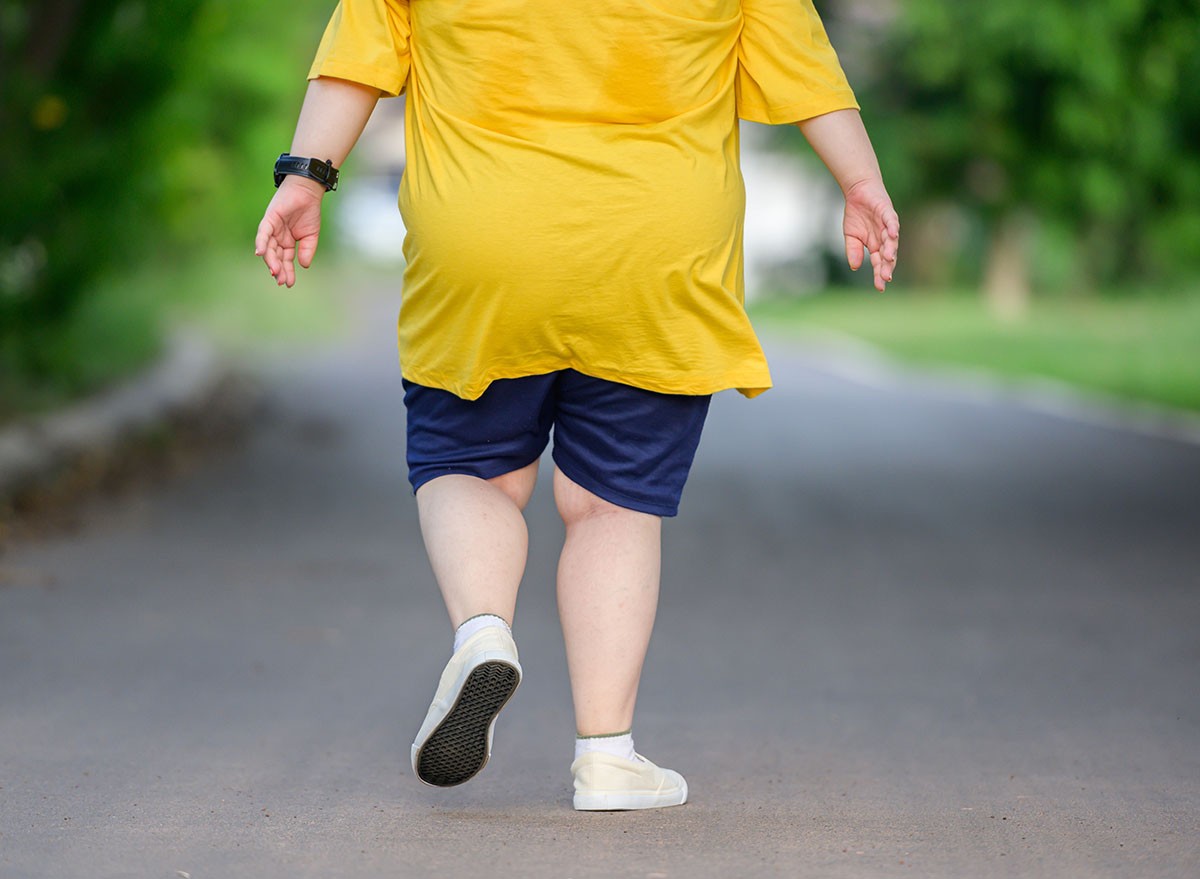
The scale doesn't tell the whole story when it comes to healthy weight loss. "We make sure they're actually losing fat, okay? And their muscle is staying the same," explains Dr. Decotiis in her post. She monitors patients using body composition scales to track exactly what they're losing. "Most of the doctors prescribing this medication are not even putting people on a body composition scale," she points out, suggesting this oversight might contribute to weight regain after stopping medication.
Don't Stop Your Medication Abruptly
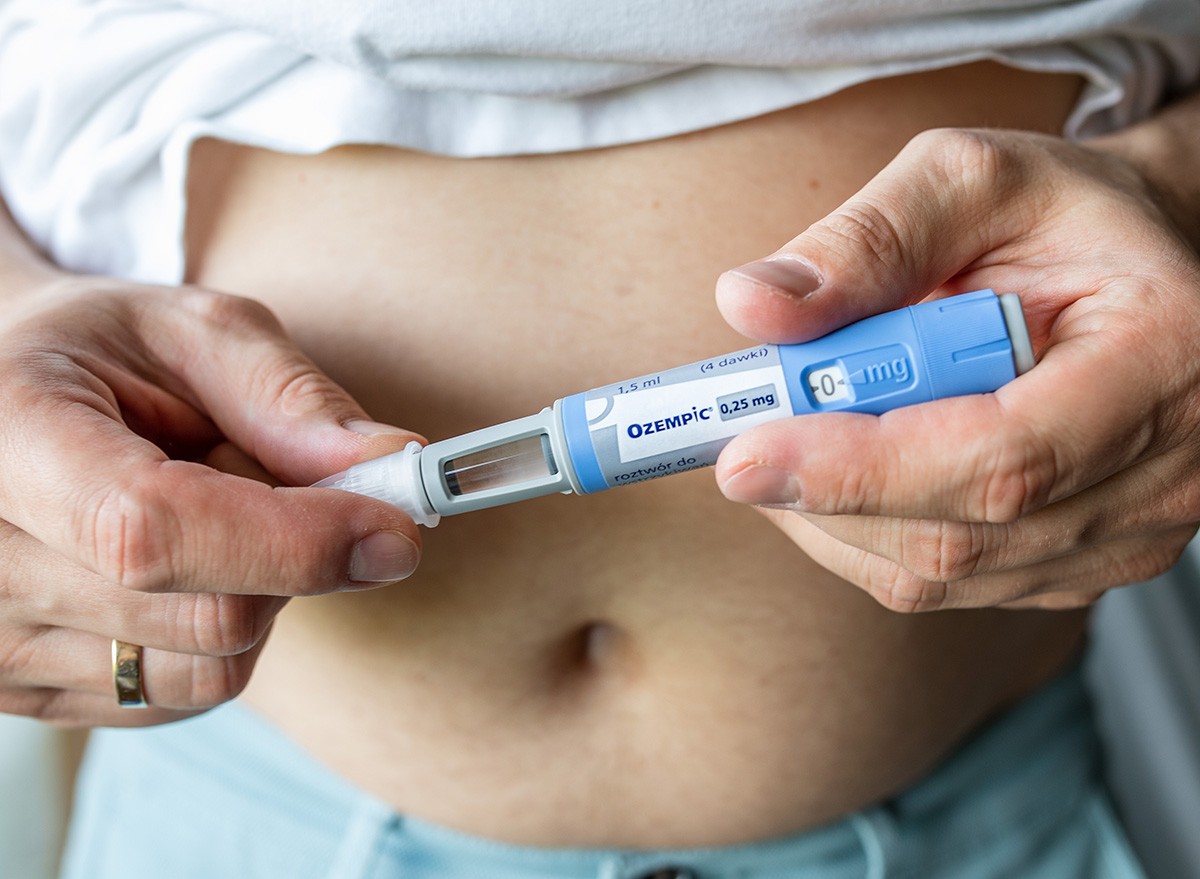
If you want to maintain your results, a gradual approach to ending treatment is crucial. "The worst thing someone can do is stop the drug abruptly," warns Dr. Decotiis. Instead, she recommends a careful tapering process: "I titrate the drug up and I taper it down. That makes such a difference." This methodical approach gives your body time to adjust and may significantly improve your chances of maintaining weight loss.
Proper Hydration Is Non-Negotiable

You might be surprised by how important water intake is for sustainable weight management. "People on these medications need to drink a tremendous amount of water. Up to maybe a gallon or more a day," Dr. Decotiis advises. She explains the science behind this requirement: "For every ounce of fat that you burn, you're losing water. It's very easy to get dehydrated." Proper hydration supports your metabolism and helps prevent weight regain.
Build Muscle Through Strength Training

Your exercise routine needs to focus on building and preserving muscle mass. "We don't encourage heavy aerobics, but we want them to build muscle," says Dr. Decotiis. Strength training helps maintain your metabolic rate, which is crucial for preventing weight regain. Even moderate resistance training several times per week can make a significant difference in your body composition and ability to maintain weight loss.
RELATED: 5 Things to Know Before Taking a GLP-1 Drug, According to a Nurse Who Takes It
Prioritize Protein and Vegetables
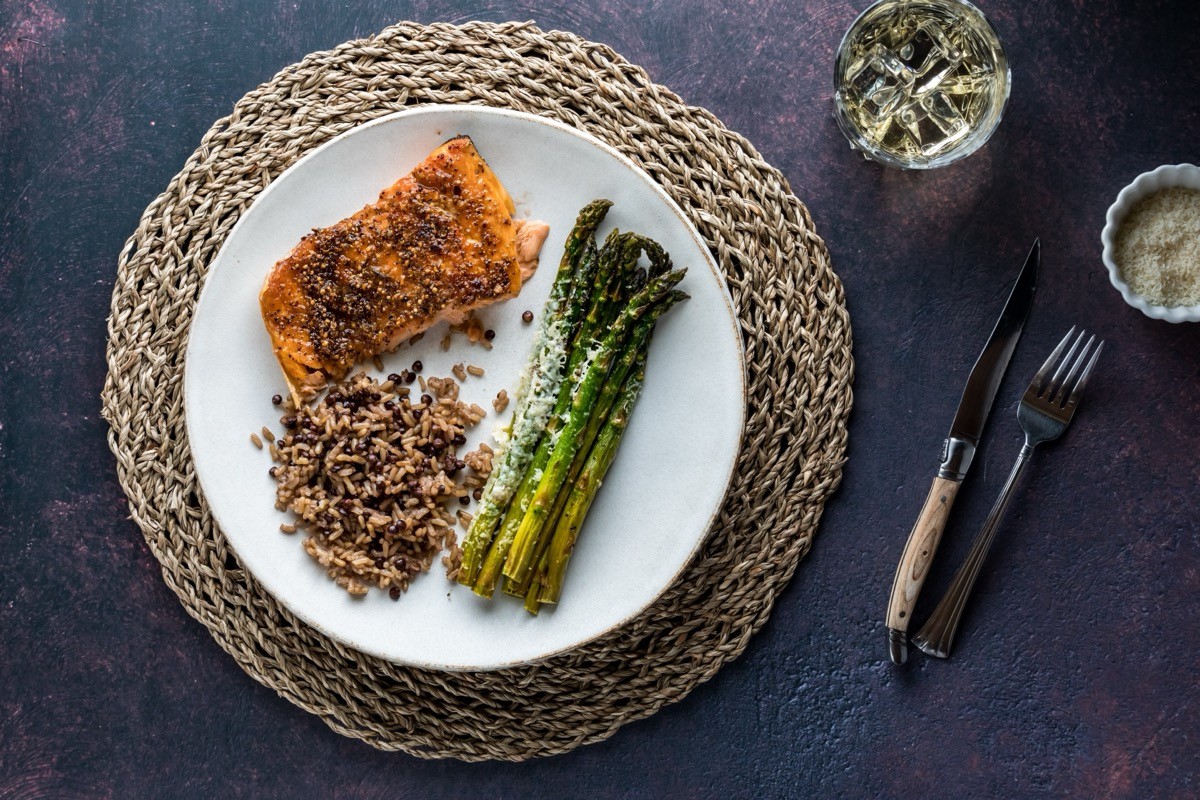
What you eat becomes even more important after stopping medication. "We want them to eat a lot of protein and vegetables, we measure the fiber in their diet," Dr. Decotiis explains. Protein helps preserve muscle mass while keeping you full, and fiber-rich vegetables provide essential nutrients with minimal calories. This nutritional approach supports sustainable weight management even as your body adjusts to life without medication.
Understand How Your Hormones Affect Results

Your hormonal profile may influence how your body responds to both the medication and its discontinuation. "Estrogen is really a positive modulator," says Dr. Decotiis, noting that "women do very, very well on this medication" due to this hormonal interaction. Understanding your unique hormonal situation can help you create a more effective maintenance plan after stopping medication.
Regular Monitoring Makes The Difference

Consistent check-ins are essential for maintaining results. "We follow patients very carefully, and we put them on a body composition scale every week, every other week," explains Dr. Decotiis. This regular monitoring allows for quick adjustments to your maintenance plan. Many of her patients who maintain this vigilance "have gotten off this drug and they've been able to maintain their weight," demonstrating that success is possible with the right approach.
Consider Which Medication You Used
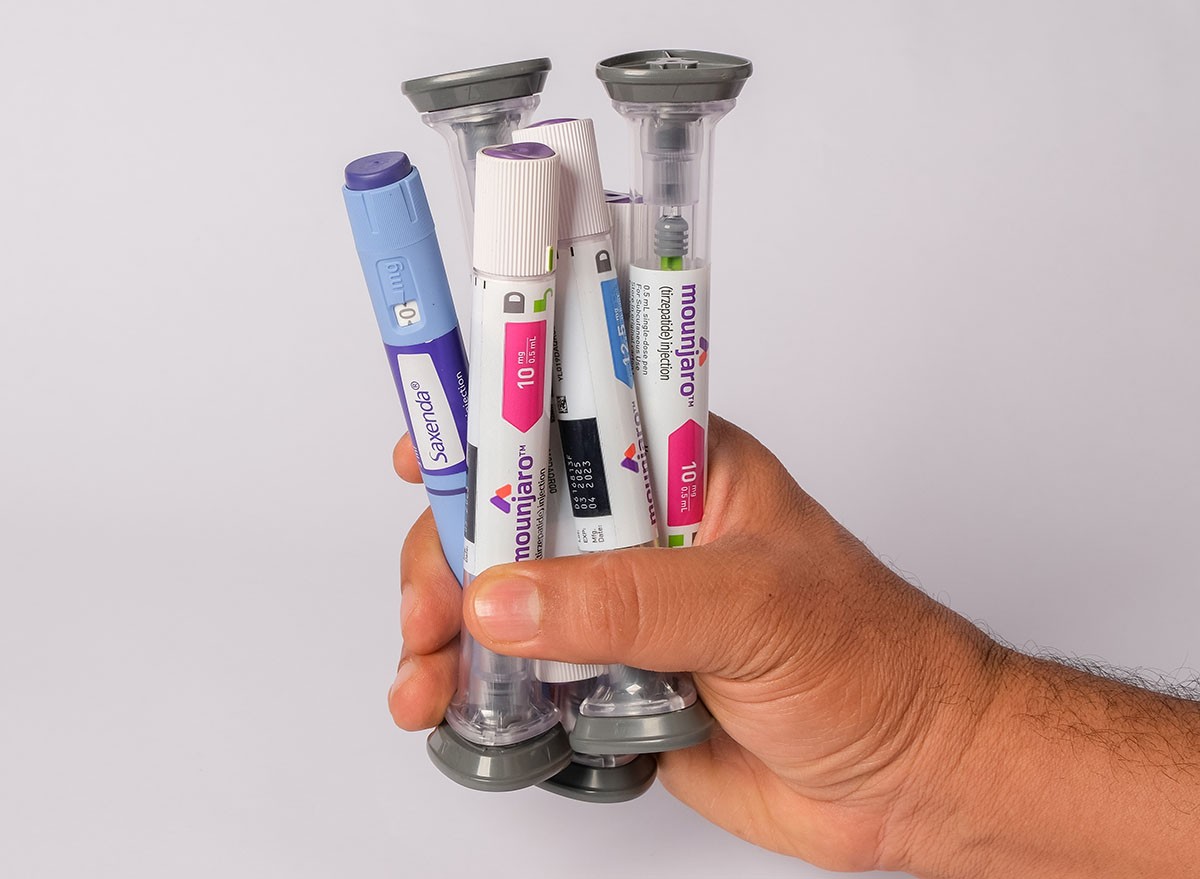
Not all GLP-1 medications are created equal when it comes to maintenance potential. "People have lost a lot more weight on Mounjaro and Terzepatide than they did on Ozempic," Dr. Decotiis shares from her clinical experience. She adds that "there are also fewer side effects, and I feel that people are more easily tapered off that drug." The specific medication you used may influence your maintenance strategy.
RELATED: 20 Possible Ozempic Side Effects
Adjust Your Approach Based On Your Metabolism
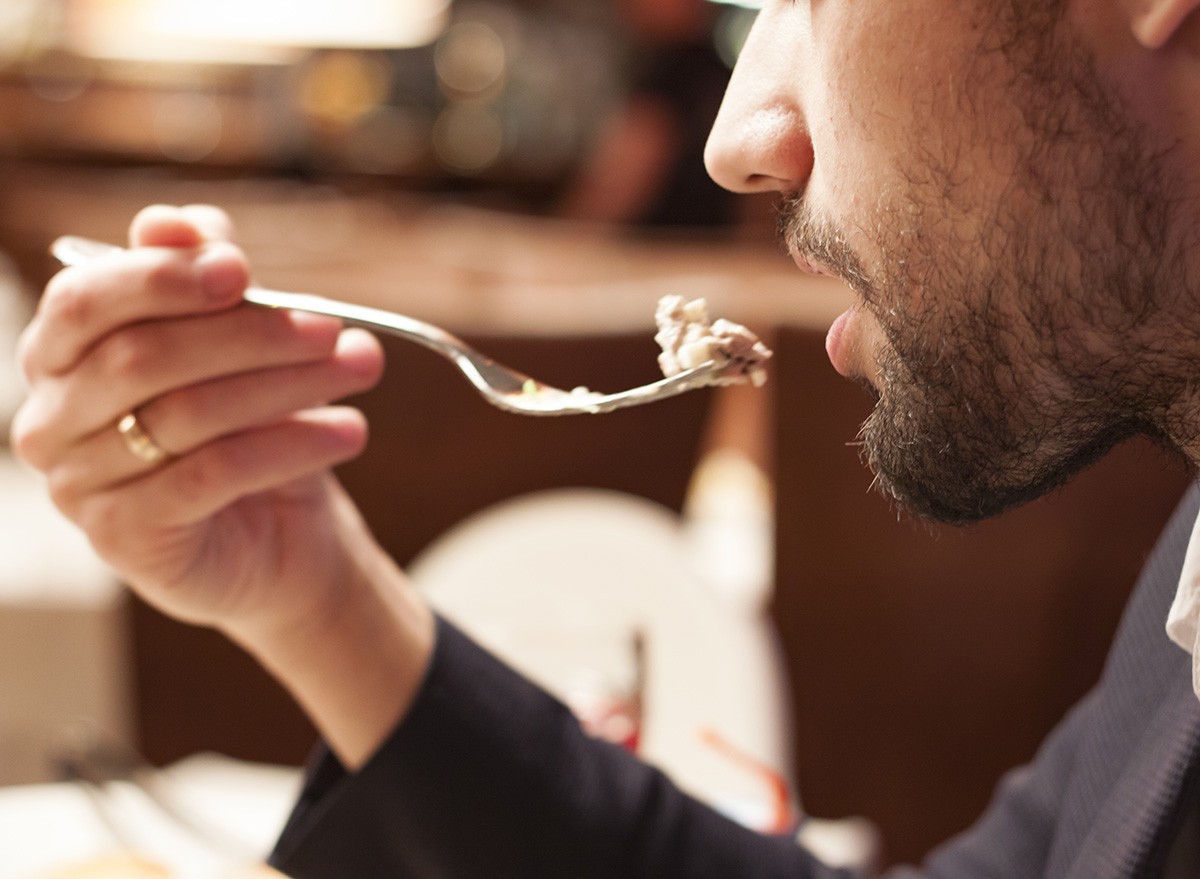
Your unique metabolic profile should guide your maintenance plan. "It really depends on their metabolism," Dr. Decotiis explains when discussing how long patients typically need medication. She emphasizes personalization: "Some people can get off it pretty easily, okay? When I'm following your body composition scale, I'm seeing what's happening with your body fat as I'm taking the drug down." Your individual metabolic response will determine the best approach for maintaining your results.
Success Is Possible With The Right Strategy

Despite concerning statistics about weight regain, maintaining your results is achievable. "Many of my patients have gotten off this drug and they've been able to maintain their weight," Dr. Decotiis affirms. The key difference is comprehensive care: tracking body composition, proper tapering, adequate hydration, appropriate exercise, and nutrition tailored to your needs. With this holistic approach, you can beat the odds and keep the weight off for good. And if you enjoyed this article, don't miss 20 Incredible Ozempic Success Stories of All Time.




